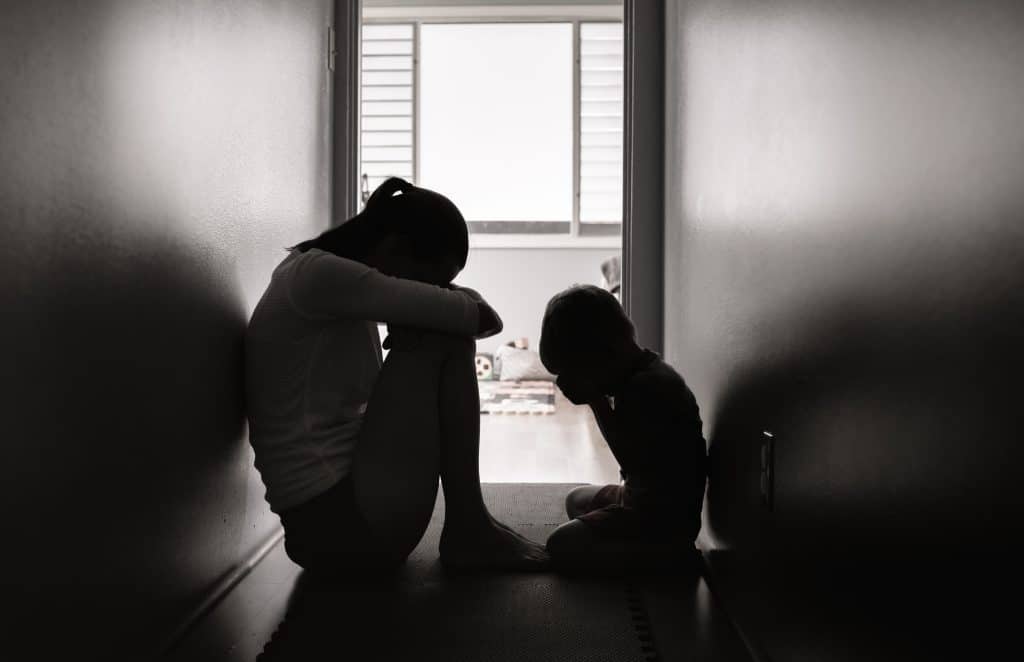Family law in Canada has faced challenges in its attempts to address and remedy the harms suffered by individuals in abusive relationships. While criminal law provides avenues for addressing violence, civil remedies have traditionally been limited. However, the 2022 Superior Court of Justice decision in Ahluwalia v. Ahluwalia,[1] where Justice Mandhane created a new tort of family violence, highlights the growing importance of ensuring that survivors of domestic violence have meaningful and efficient remedies available.
Facts
Mr. and Ms. Ahluwalia married in November 1999 and had two children together. The parties then legally separated fifteen years after marriage, in July of 2016. Ms. Ahluwalia alleged constant physical, emotional, and psychological abuse throughout their years together. When the marriage came to an end, she sought damages for the abuse she experienced during their marriage.
Historically, victims of domestic abuse would likely sue civilly under existing torts such as assault, battery, and intentional infliction of emotional harm. However, these torts often fail to capture the cumulative nature of coercive control and abuse within a family law context. Justice Mandhane, noticing this gap in the legal system, created a new tort of family violence, with the intention for it to specifically address the realities of partner abuse.
Trial Decision
At the Superior Court of Justice, Justice Mandhane awarded Ms. Ahluwalia $150,000 in damages for the emotional, physical and financial abuse she experienced from her ex-husband, Mr. Ahluwalia. Empathetic to the detrimental impact of domestic violence, the trial judge recognized a new tort of family violence.
Justice Mandhane suggested this new tort would address prolonged abuse that existing torts do not effectively mandate. Her aim was to provide survivors of domestic abuse with a more practical legal avenue, consolidating their claims in a single proceeding rather than multiple lawsuits, which is required when suing with other tort remedies. This could increase financial independence for survivors and help them leave their violent relationships quickly, efficiently, and safely.
Justice Mandhane set out a three-part test to determine the defendant’s liability in the tort of family violence, to be where their conduct:
- is violent or threatening, or
- constitutes a pattern of coercive and controlling behaviour, or
- causes the plaintiff to fear for their own safety or that of another person.
The trial judge acknowledged that these three steps overlap with existing torts; however, he emphasized that this tort recognizes the pattern and context of abuse, rather than requiring victims to prove discrete, isolated incidents of harm, as is often the case with alternate tort actions.
Ontario Court of Appeal
Shortly after the Trial decision, in 2023, the Ontario Court of Appeal reconsidered Justice Mandhane’s ruling in Ahluwalia v Ahluwalia.[2] While the Court agreed that Ms. Ahluwalia had suffered serious harm and was entitled to damages, it rejected the creation of the new tort of family violence.
Instead, the Court emphasized that creating a new tort is a long process and would therefore be better left to the legislature as opposed to the judicial system. The Court of Appeal also held that existing tort remedies effectively encompass avenues of relief for family violence and thus, the creation of a new tort would be unnecessary.
Take Away
While the Ontario Court of Appeal has declined to recognize a new tort of family violence on the basis that existing torts adequately address such conduct, Ahluwalia remains an important decision. It demonstrates a judicial recognition that intimate partner abuse is serious, systemic, and deserving of civil remedies.
If you have questions about your rights or require guidance regarding issues related to family violence, our team is available to assist. Contact Devry Smith Frank LLP to speak with a family law lawyer who can provide informed support tailored to your circumstances. We can be reached by phone at 416-449-1400 or by emailing info@devrylaw.ca.
This blog was co-authored by articling student Adriana Piccolo.
“This article is intended to inform. Its content does not constitute legal advice and should not be relied upon by readers as such. If you require legal assistance, please see a lawyer. Each case is unique, and a lawyer with good training and sound judgment can provide you with advice tailored to your specific situations and needs.”
[1] Ahluwalia v. Ahluwalia, 2022 ONSC 1303.
[2] Ahluwalia v. Ahluwalia, 2023 ONCA 476.













